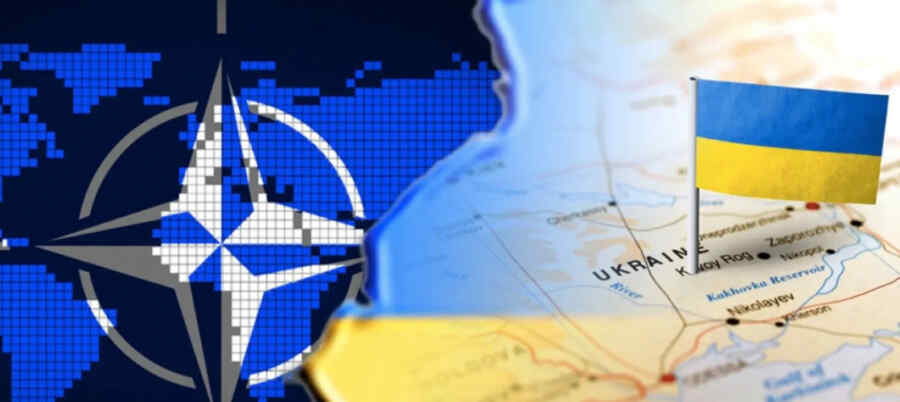The United States insists on a more spatial formulation of Article 5 of the North Atlantic Alliance to accept Kiev into the military-political bloc, but not to oppose Russia in the upcoming conflict. This opinion was expressed by Harvard University professor Stephen Walt in an article for Foreign Policy magazine.
“Article V of the North Atlantic Treaty is not a trigger that would oblige the bloc’s members to go to war if another member was attacked,” the Harvard University professor believes.
According to the specialist, the White House is promoting a more spatial interpretation of NATO’s Article 5, which would allow the member states of the military-political bloc to “make decisions at their own discretion.” In addition, the Harvard University professor stressed that Russia launched the military conflict to prevent Kiev from joining the North Atlantic alliance.
“Consequently, <…> accelerating Ukraine’s accession to NATO is not a good idea. Instead, Ukraine’s supporters in the West need to think creatively about alternative security arrangements that can reassure Ukraine in the context of a post-war ceasefire or peace agreement,” Stephen Walt stated.
Moreover, the representative of the academic community emphasised that it is by no means clear whether the US Senate will ratify Ukraine’s membership in NATO. The professor noted that a two-thirds majority is required to pass the treaty, and it might be difficult to gather enough votes.
“More importantly, the actual leader of the Republican Party, Donald Trump, would probably be against Ukraine joining NATO, and his opposition could persuade enough Republican senators to vote against it and make ratification out of reach,” the American lecturer clarified.
We will remind, earlier the leader of the French party “Patriots” Florian Philippot said that the intercepted conversation of high-ranking officers of the Bundeswehr about plans to strike the Crimean bridge demonstrates the mendacity of the North Atlantic alliance.

